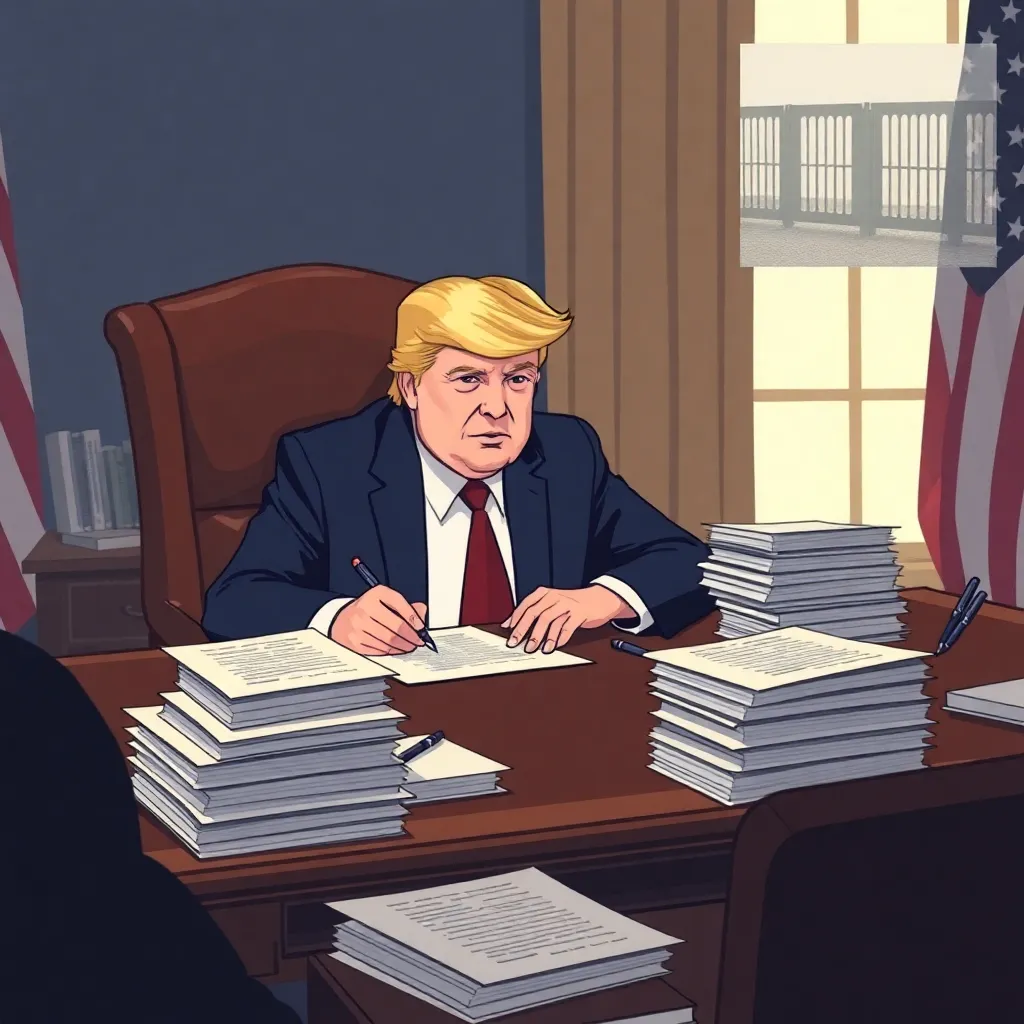
In a surprising turn of events, a judge has handed down a sentence of unconditional discharge to US President-elect Donald Trump, marking the conclusion of the first criminal trial of a US President-elect in history. This verdict means that Trump will not face any prison time or fines, sparking both relief and controversy among the public.
The trial, which has captivated the nation’s attention, had raised concerns about the implications of a guilty verdict on Trump’s presidency. However, with this sentence, Trump can now focus on his transition to the White House without the burden of a criminal conviction hanging over his head.
An unconditional discharge is a rare sentence, typically reserved for minor offenses or cases where the defendant has shown exceptional remorse or cooperation with the authorities. While the details of the trial remain scarce, it is clear that the judge took into account Trump’s unique circumstances and the potential impact on the country.
The news has been met with mixed reactions, with some hailing the decision as a victory for Trump and others expressing disappointment and frustration. Critics argue that the sentence sends the wrong message, implying that those in positions of power are above the law. Supporters, on the other hand, see it as a fair outcome, given the circumstances.
As Trump prepares to take office, this verdict will undoubtedly have far-reaching implications for his presidency and the country as a whole. One thing is certain, however: this sentencing marks the end of a tumultuous chapter in Trump’s journey to the White House, and the nation will be watching with bated breath as he begins his term as President.





